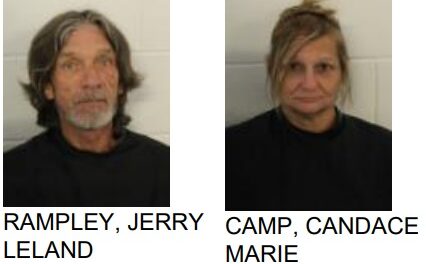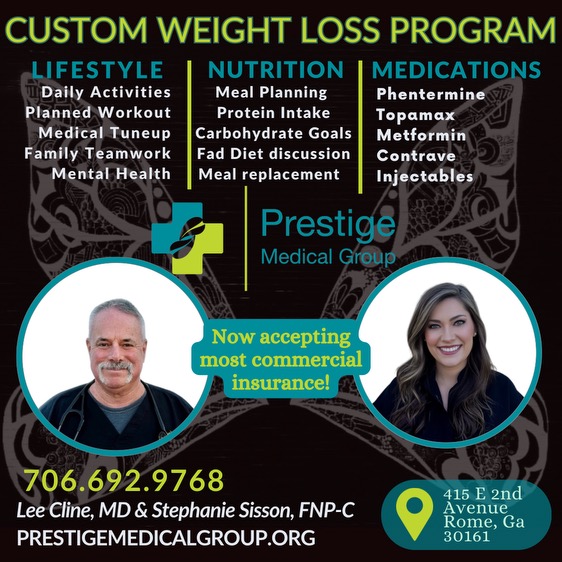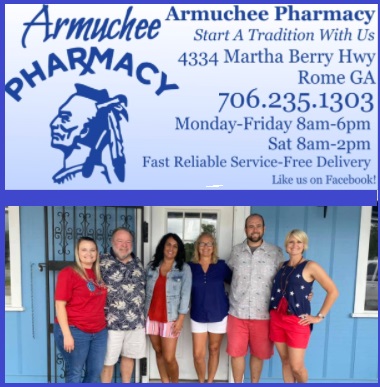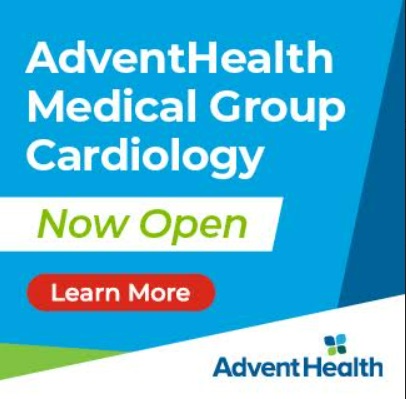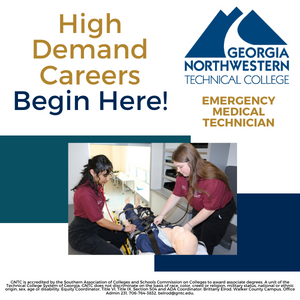AdventHealth Redmond recently added perfusion scans of the brain to improve the diagnostic capability for stroke care. A computed tomography perfusion (CTP) scan of the brain enables the care team to determine how much of the penumbra is salvageable during an acute stroke. The penumbra is the area of the brain that can possibly be saved during an acute ischemic stroke.
“A CTP enables faster clinical decisions by helping our stroke team quickly assess salvageable brain tissue and identify patients who are likely to benefit from clot retrieval,” said Melody Wright BSN, RN, AdventHealth Redmond stroke coordinator. “The faster someone seeks medical attention, the greater the chance of saving brain cells.”
AdventHealth Redmond recognizes May as National Stroke Awareness Month. Stroke is thefifth leading cause of death in the United States. The incidence of stroke has steadily increased in the United States over the years, impacting people at younger ages. This means that younger stroke survivors may live a greater part of their lifetime with a disability. This can impact the quality of life for the both the stroke survivor, and often their family.
A stroke happens when blood flow is blocked to part of the brain (ischemic stroke), or when a blood vessel in the brain suddenly bursts (hemorrhagic stroke). These events can cut off blood and oxygen supply to the brain and damage brain cells. Long-term physical damage can occur if a stroke is left untreated or care is delayed. The best action is to prevent stroke by living a healthy lifestyle. Prevention may include keeping a healthy weight, eating a healthy diet by limiting alcohol, fats and salt, and increasing intake of fruits and vegetables,. Additionally, it is important not to smoke and to exercise with activities that you enjoy. Finally, it is important to manage personal risk factors such as controlling diabetes, managing blood pressure and cholesterol.
Strokes are a medical emergency and need to be treated by a certified stroke center. AdventHealth Redmond is a primary certified stroke center and has received the American Heart Association’s Target: Stroke Honor Role Elite Plus Award.
If you or someone you know has signs of a stroke, it is important to call 911 immediately. Time is brain. Signs and symptoms of a stroke are identified by using the acronym B.E. F.A.S.T.. This stands for:
Balance: Does the person have trouble with balance, coordination or dizziness?
Eyes: Is the person experiencing sudden blurring or loss of vision in one or both eyes?
Face: When the person smiles, does one side of the face droop?
Arms: Does the person have arm or leg weakness?
Speech: Is the person’s speech slurred? Can they repeat a simple sentence?
Time: If the person has any of these symptoms, call 911 immediately.













